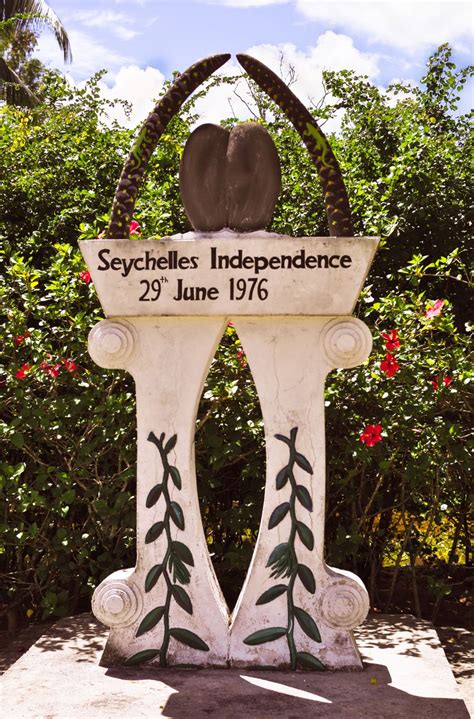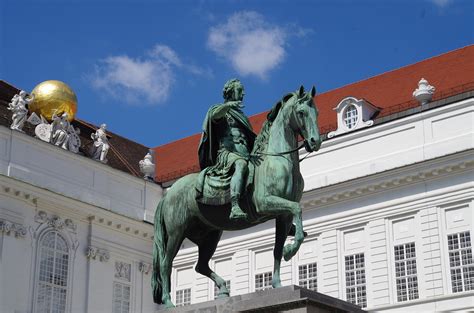Explore Nassau’s rich history from its origins and colonial period to the struggle for independence and modernization, and discover its vibrant 21st-century culture.
Origins of Nassau
Contents
Nassau is the capital city of the Bahamas, located on the island of New Providence. Its origins can be traced back to the arrival of European settlers in the late 17th century. The island was originally inhabited by the Lucayans, a group of Indigenous people, who called the island Xanadu. However, in 1670, British settlers led by William Sayle established the first European settlement on the island, which was later named Nassau in honor of William III of England, who was from the House of Nassau. The city quickly became a hub for trade and piracy in the Caribbean region, attracting a diverse population from different parts of the world.
The early years of Nassau were marked by conflicts between the European powers vying for control of the island. In 1695, the Spanish captured and burned the city, forcing the British settlers to relocate to other islands before returning to Nassau in 1703. The city continued to grow and evolve over the years, becoming a center for commerce and culture in the region.
Today, Nassau is a vibrant city with a rich history that is reflected in its architecture, cuisine, and traditions. The city’s origins as a melting pot of different cultures continue to influence its identity, making it a fascinating destination for visitors seeking to explore the roots of the Bahamian culture.
Colonial Period in Nassau
The Colonial Period in Nassau spans from the arrival of European settlers in the 17th century to the end of British colonial rule in the 20th century. During this time, Nassau, the capital of the Bahamas, was a strategic port for European powers, including the Spanish, British, and French. The early years of the colonial period were marked by conflict and competition between these powers for control of the lucrative trade routes in the Caribbean.
As the British established a stronghold in Nassau, they developed the island as a center for the lucrative trade in sugar, rum, and slaves. Plantations sprung up across the island, and Nassau became a hub for the transatlantic slave trade. The colony’s economy was built on the labor of enslaved Africans, who endured harsh conditions and exploitation.
Throughout the colonial period, Nassau experienced waves of political upheaval and resistance. Slave rebellions and uprisings challenged the oppressive system of colonial rule, and the local population fought for their rights and freedom. The legacy of this resistance can still be seen in Nassau today, as the city celebrates its diverse cultural heritage and honors the contributions of its ancestors.
The colonial period in Nassau came to an end in the 20th century, as the Bahamas gained independence from Britain in 1973. This marked a new chapter in the history of Nassau, as the city transitioned to self-governance and began to assert its own identity on the world stage. The legacy of the colonial era continues to shape Nassau’s culture, economy, and society, as the city embraces its past while looking towards the future.
Struggle for Independence
The struggle for independence in Nassau was a turbulent period in the history of the Bahamas, marked by political unrest, social upheaval, and economic uncertainty. The quest for self-governance and autonomy began in the late 19th century, as the local population sought to assert their rights and break free from colonial control. The colonial authorities, primarily represented by the British Crown, were reluctant to relinquish their power and resisted the demands for independence. The protracted struggle was characterized by acts of civil disobedience, mass protests, and political activism, as the people of Nassau sought to achieve their long-cherished goal of sovereignty.
In the face of mounting pressure, the British government eventually conceded to the demands of the Bahamian people and granted the colony of Nassau its independence on July 10, 1973. This monumental event marked the culmination of decades of perseverance and determination, as the people of Nassau finally emerged as a sovereign nation on the world stage. The struggle for independence had far-reaching implications for the social, political, and economic landscape of Nassau, setting the stage for a new era of nation-building and self-determination.
Following independence, Nassau experienced a period of transition and transformation, as the newly formed government worked to establish the foundations of a modern and prosperous nation. The struggle for independence left an indelible mark on the collective consciousness of the Bahamian people, shaping their identity and sense of national pride. The legacy of this historic struggle continues to resonate in the cultural heritage and political ethos of Nassau, serving as a testament to the resilience and tenacity of its people.
As Nassau embarked on the journey of nationhood, the struggle for independence served as a reminder of the sacrifices and struggles endured by preceding generations, inspiring a sense of unity and purpose among the citizens. The legacy of the struggle for independence continues to inspire and guide the people of Nassau, reminding them of the enduring value of freedom, democracy, and self-determination. The historic struggle for independence stands as a testament to the unwavering spirit and fortitude of the Bahamian people, shaping the course of their nation’s history and future aspirations.
Modernization of Nassau
Nassau, the capital of the Bahamas, has undergone significant modernization over the past few decades. As the island has become more and more popular as a tourist destination, the city has seen major developments in infrastructure, technology, and urban planning. These changes have transformed the city into a bustling center of commerce and tourism, attracting visitors from all over the world.
One of the most notable aspects of Nassau’s modernization is the development of its infrastructure. The city has seen major improvements in its transportation systems, with the construction of new highways, bridges, and public transportation networks. These improvements have not only made it easier for residents to get around the city, but have also made it more accessible for tourists, allowing them to explore all that Nassau has to offer.
In addition to improvements in infrastructure, Nassau has also seen significant advancements in technology. The city has embraced new technologies, such as high-speed internet and mobile apps, which have transformed the way that businesses operate and people live. This has led to an increase in digital innovation and entrepreneurship, making Nassau a hub for tech-savvy individuals and companies.
Urban planning has also played a crucial role in Nassau’s modernization. The city has undergone redevelopment and revitalization projects, leading to the construction of modern high-rise buildings, shopping centers, and entertainment venues. These developments have not only improved the city’s aesthetics, but have also created new opportunities for economic growth and prosperity.
Overall, the modernization of Nassau has propelled the city into the 21st century, making it a vibrant and dynamic destination for both residents and visitors. With its improved infrastructure, embrace of technology, and urban development, Nassau continues to evolve and strive for a bright and prosperous future.
Nassau in the 21st Century
In the 21st century, Nassau has experienced significant growth and development, transforming into a modern and vibrant city. With the expansion of industry and commerce, Nassau has become a major economic hub in the Caribbean region, attracting both local and international businesses. The city has seen a surge in urbanization, with new infrastructure projects, high-rise buildings, and modern amenities improving the quality of life for residents.
Furthermore, Nassau has also emerged as a popular tourist destination, drawing visitors from around the world with its stunning beaches, rich cultural heritage, and exciting nightlife. The tourism industry has flourished, with luxury resorts, boutique hotels, and a wide range of entertainment options catering to the diverse needs of travelers. The city’s thriving art scene, culinary diversity, and historical landmarks make it a compelling destination for both leisure and business travelers alike.
In terms of technology and innovation, Nassau has made significant strides in the 21st century, embracing digital advancements and sustainable practices. The city has witnessed the development of smart infrastructure, eco-friendly initiatives, and a growing tech sector, positioning itself as a forward-thinking and environmentally conscious urban center.
Overall, Nassau in the 21st century is a dynamic and progressive city, balancing its rich history with modernization and innovation. As it continues to evolve and adapt to global trends, Nassau remains a resilient and captivating destination, offering endless opportunities for growth, exploration, and collaboration.











